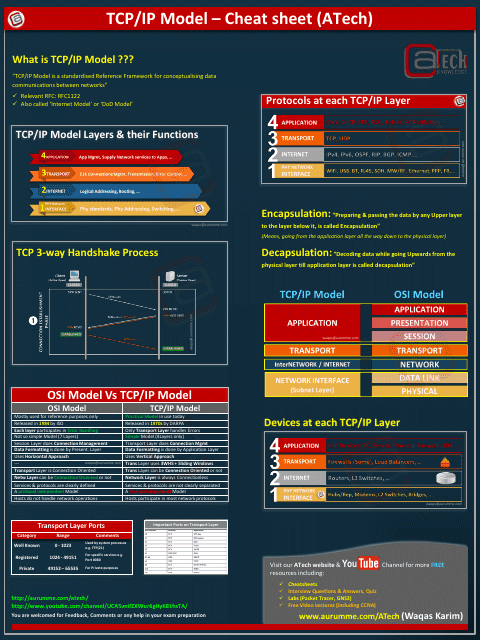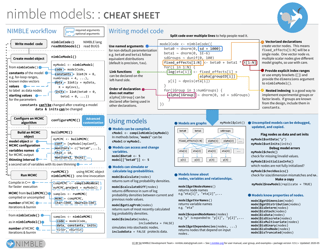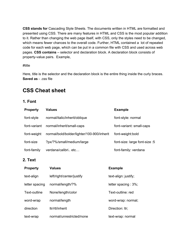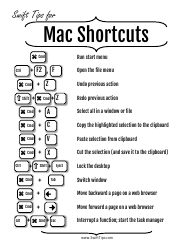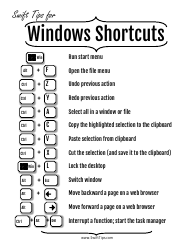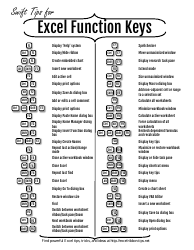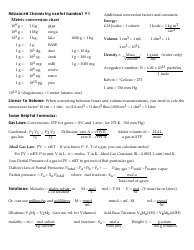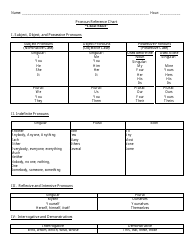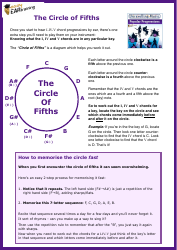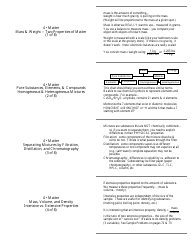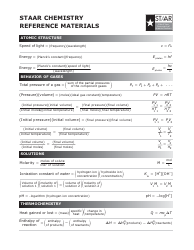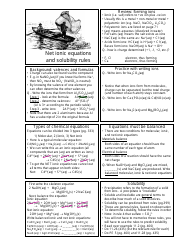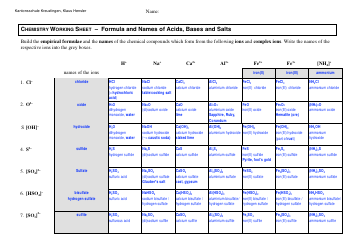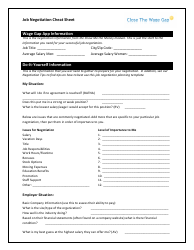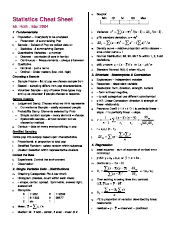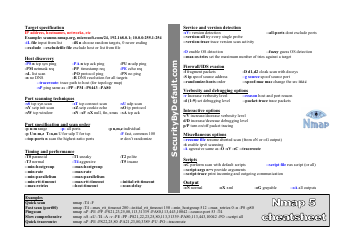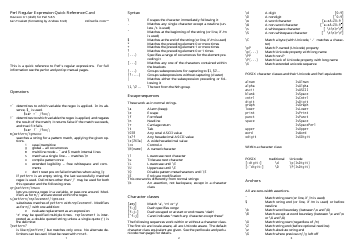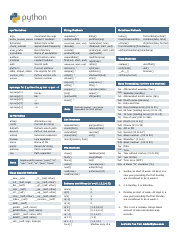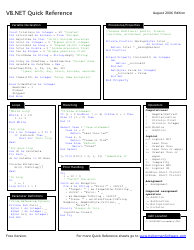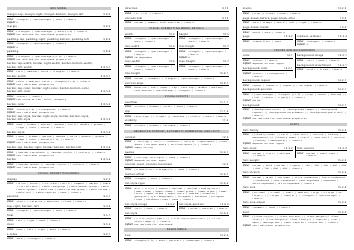Tcp / Ip Model Cheat Sheet
The Tcp/Ip Model Cheat Sheet is used as a quick reference guide for understanding the layers and protocols of the Tcp/Ip networking model. It provides a summary of each layer and its associated protocols, making it easier to comprehend and troubleshoot network communications.
FAQ
Q: What is the TCP/IP model?
A: The TCP/IP model is a conceptual framework for network communication.
Q: What are the layers of the TCP/IP model?
A: The TCP/IP model consists of four layers: the Network Interface, Internet, Transport, and Application layers.
Q: What is the Network Interface layer responsible for?
A: The Network Interface layer handles the physical transmission of data over the network.
Q: What is the Internet layer responsible for?
A: The Internet layer is responsible for addressing, routing, and packaging data packets for transmission over the network.
Q: What is the Transport layer responsible for?
A: The Transport layer ensures reliable delivery of data and provides end-to-end communication between devices.
Q: What is the Application layer responsible for?
A: The Application layer provides network services to applications and end-users, such as web browsing and email.
Q: What protocols are used in the TCP/IP model?
A: Protocols like IP, TCP, UDP, HTTP, and FTP are used in the TCP/IP model.
Q: What is the difference between TCP and UDP?
A: TCP provides reliable, connection-oriented communication, while UDP provides unreliable, connectionless communication.
Q: What is the significance of the TCP/IP model?
A: The TCP/IP model is widely used as the basis for communication in the internet and most computer networks.
Q: Is the TCP/IP model the same as the OSI model?
A: No, the TCP/IP model is different from the OSI model, which has seven layers instead of four.
